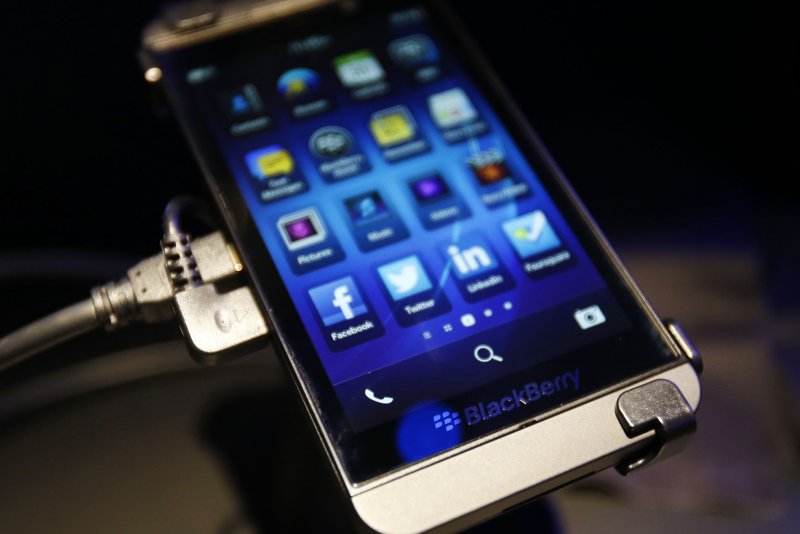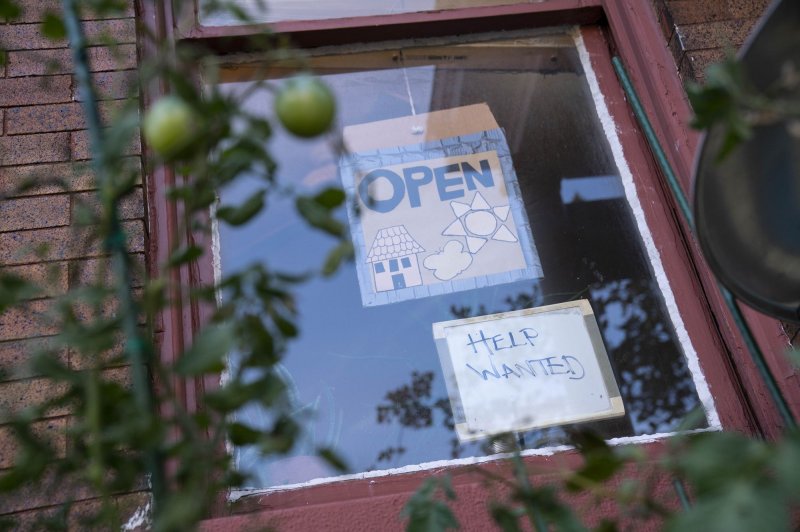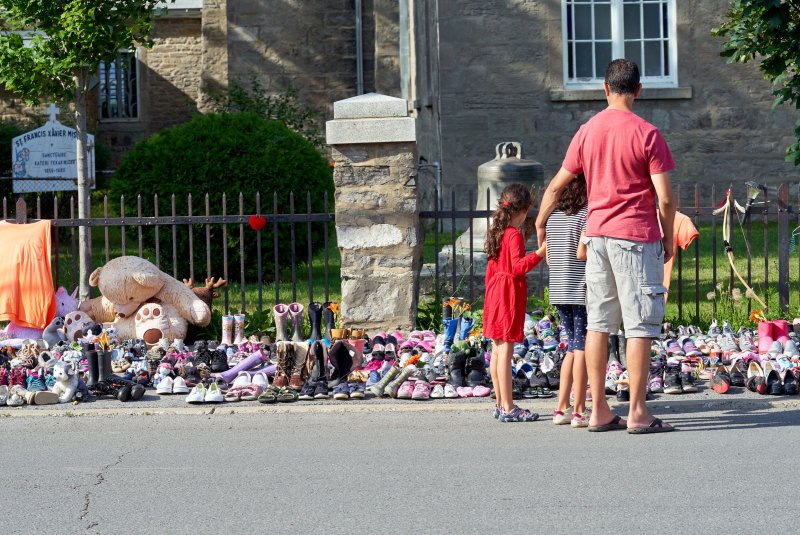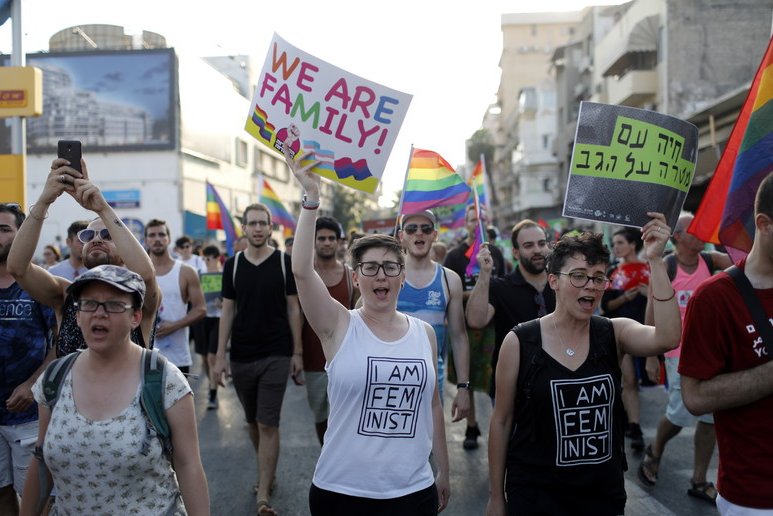Scientists praise 'Don't Look Up' as 'evocative' climate change parable
Ben Adler
·Senior Climate Editor
Tue, January 4, 2022
Climate change has often struggled to penetrate the popular imagination, but now a movie intended to evoke it has taken the world by storm. “Don’t Look Up,” the dark comedy about a comet headed toward Earth that director Adam McKay calls “a Clark Kent-level disguise for the climate crisis,” topped the Netflix most-watched list last week, the first it was available to stream, in 88 of 89 countries. (The reference to Clark Kent, Superman’s alter ego who merely wears glasses, is McKay’s way of saying it’s barely disguised at all.)
Director Adam McKay in Beverly Hills in 2019. (David McNew/Reuters)
While the movie’s central metaphor has struck some reviewers as inapt, climate scientists are overwhelmingly impressed by the film’s accurate depiction of their struggle to communicate to the public and policymakers the urgency of the climate crisis. Spoiler alert: In the movie, politicians including the president treat the threat to humanity’s existence as an issue to be used for political gain, and tech industry leaders do the same, prioritizing profit. The movie’s title comes from the refrain heard in the film from astronomy deniers who argue that the comet can simply be ignored into oblivion.
“I actually stayed up till midnight to watch it at the very first moment it was available to me on the West Coast,” Lisa Graumlich, president-elect of the American Geophysical Union and a professor at the University of Washington School of Environmental and Forest Sciences, told Yahoo News. “I went between laughing and sort of feeling ready to weep, because it did ring so true.”
One particularly poignant element of the movie for some scientists is the shallow, even dismissive, treatment that their warnings have sometimes received in the media. In “Don’t Look Up,” the scientists who discover the comet go to a New York Times-esque newspaper, and the resulting exposé leads to an appearance on a morning TV talk show, where they are told to lighten up and make the news more appealing. The subsequent despair and rage that the younger researcher, played by Jennifer Lawrence, feels is familiar to Graumlich.
“To have ourselves not taken seriously, at times ridiculed by the press, to have politicians sometimes pay attention for a while but then lose their focus, for many of us it was very evocative of what we’ve experienced,” she said.
Early in her career, Graumlich had an eerily similar experience to the one Lawrence’s character, a PhD student, has in “Don’t Look Up.”
Lisa Graumlich at the University of Washington in Seattle in 2014.
“I’m a tree ring scientist: I study how climate has changed over the long term, in part to understand whether what we’re seeing is natural variability or human-caused,” Graumlich said. “So, imagine, being a young scientist, I turned 30. A week later, my science was covered in the New York Times: about tree rings, looking for past climate variability. This is something you send to your mother, you feel proud. And later that day, the story was picked up by Rush Limbaugh on his radio show. And he was making fun of me, my name, and the silliness of someone thinking they could understand global warming from looking at tree rings.”
To some climate scientists, the way that the news media treats the comet in “Don’t Look Up” is analogous to the way American society as a whole has reacted to climate change. “There’s obviously some criticism of the media in the film — I don’t think it’s a media problem, per se, it’s a societal problem,” UCLA climate scientist Daniel Swain told Yahoo News. “But there are some scenes that were funny in the movie, but on further reflection not all that funny,” he added, referring to the scientists’ appearance on the morning show. “They’re essentially told to lighten up, loosen up, don’t be so gloomy. I’ve had people in a similar role tell me the same thing, almost verbatim, when talking about climate change and extreme [weather] events.
“Usually my interactions with journalists are very positive and constructive, but the criticism about the broader media landscape and about the way society interprets bad news rings very true,” Swain said.
Of course, the threat posed by climate change is not much like a comet that will hit the Earth in less than seven months. Its effects are so slow-moving that despite beginning as early as the late 19th century, they have become perceptible to the average observer only in recent decades. But, while acknowledging that distinction, scientists mostly say the film nonetheless captures the political and economic challenges to mobilizing the public against any future threat.
Jennifer Lawrence, Leonardo DiCaprio, Meryl Streep, Jonah Hill and Adam McKay at the world premiere of “Don’t Look Up” at Lincoln Center on Dec. 5 in New York. (Evan Agostini/Invision/AP)
“It was a kind of parody that revealed an underlying truth,” Kerry Emanuel, a professor of atmospheric science at the Massachusetts Institute of Technology, told Yahoo News about the new film. “It was obviously a huge exaggeration, but that’s what parodies are. And the underlying truth is that scientists are growing increasingly frantic that they’re not being listened to and the media and politicians are basically ignoring them.”
“I enjoyed the movie,” Christopher Field, director of the Stanford Woods Institute for the Environment and professor for interdisciplinary environmental studies at Stanford University, told Yahoo News. “It is really thought-provoking about lots of issues. It’s also a parable about climate change; it’s not about what we actually expect to happen with climate change. I enjoyed the insight into the frustrations and temptations that scientists feel when talking about important issues. It’s also important to keep in mind that climate change isn’t Earth-ending in six months and 14 days, or whatever the timeline is in ‘Don’t Look Up.’”
“Climate change is not like a physical object hurtling towards Earth that could instantly wipe out humanity,” Swain said. “In the physical science sense, it’s not a good analogy for climate change. But I think that was deliberate, because, at this point, there are some pretty alarming things that have been going on in the global climate system that we’ve been pretty good at closing our eyes, plugging our ears and burying our heads in the sand collectively. Apparently, some of these climate disasters are too subtle. So I think this was a necessary choice, to make it an over-the-top, end-of-humanity, physical object impacting Earth, with everything being over in a moment.”
Leonardo DiCaprio at the world premiere of “Don’t Look Up” on Dec. 5. (Evan Agostini/Invision/AP)
“My own view is that it’s an imperfect analogy by design,” Michael E. Mann, a professor of atmospheric science at Penn State, told Yahoo News. Mann was specifically mentioned by Leonardo DiCaprio as an inspiration for the character he plays in “Don’t Look Up” because of how Mann handles his frequent media appearances.
“I suspect that McKay wanted to focus our attention on a crisis that isn’t laden with ideological baggage in the way that climate change has become thanks to the fossil-fuel-funded disinformation campaign,” Mann said. “So instead he created a politically neutral vehicle for exploring the strictures of our politics and media environment when it comes to acting on an imminent crisis where vested interests stand to benefit from inaction. Among other things, McKay drives home a central point I make in my recent book ‘The New Climate War’ about the risk in allowing techno-billionaires to dictate how we respond to the crisis.”
“Don’t Look Up” also captures the way humanity has delayed action to address climate change, such as transitioning from fossil fuels to clean energy sources, for so long that it now requires bigger, faster and more aggressive action than it otherwise would have.
“No metaphor is perfect, but there are two aspects of it that do afford a comparison with the climate problem,” Emanuel said. “One is that it’s something that’s going to happen in the future that’s not having much effect today. The other thing that is dramatically true in that case, and is also true in the climate case, is that the longer you wait, the harder it is to do anything about it and the more expensive it is to do anything about it.
An illustration of an asteroid approaching Earth. (Getty Images)
“If you catch this meteor or asteroid when it’s still very far away, you don’t need very much energy at all to knock it off course,” Emanuel said. “But if you wait until the last minute, you have to exert huge forces on it. And at some point, you don’t have enough energy to do anything about it. And the climate is similar in that sense. If we had started doing [climate action] 40 years ago, we wouldn’t have had to spend very much money and we’d be fine today. You keep putting it off, putting it off, and hoping it will be the next generation’s problem and not ours, and it’s getting more and more expensive. And at some point, you won’t be able to do anything about it.”
In fact, some climate scientists themselves have previously used the analogy of an object from outer space. “Imagine a giant asteroid on a direct collision course with Earth. That’s the equivalent of what we face now,” said James Hansen, former longtime director of the NASA Goddard Institute for Space Studies, in a 2012 TED talk on climate change. Hansen noted how “Don’t Look Up” echoed his own observation on his website at Columbia University, where he is now an adjunct professor in the program on climate science, awareness and solutions at the Earth Institute.
In his blog post, Hansen went on to note both the similarities and differences between the scenario in the film and climate change. “Scientists are frustrated as they try to communicate the emergency in both the asteroid story and the real-world climate story,” Hansen writes. “Villains in the asteroid story include greedy industrialists, incompetent and corrupt government, media that abdicate responsible reporting in favor of ratings, and a public focused on tabloid entertainment. With all that headwind, can the asteroid story have a happy ending? ... The real climate story faces those headwinds and more. The long timescale brings intergenerational conflict: today’s adult leaders fail to take needed actions, but today’s young people and offspring bear the consequences.”
Several climate scientists said their frustration with political denialism and inaction on climate change seems to be felt by scientists with other specialties, such as the COVID-19 pandemic and other threats to public health and safety. Although the filmmakers had climate change in mind when making the movie, “it could well have been” about COVID, Emanuel said. Being ignored by politicians and members of the public who are unwilling to accept an unpleasant truth “is frustrating for climate scientists, as it is for the whole medical profession trying to get people to wear masks and get vaccinated,” he added.
People protest vaccine mandates on Aug. 9 in New York City. (Michael M. Santiago/Getty Images)
“[‘Don’t Look Up’] sort of distills a lot of the societal and systemic issues that relate not only to climate change, but to a bunch of other global-scale society problems like the pandemic, to its most essential form,” Swain said. “There’s hard empirical evidence that a very bad thing is going to happen, but that it potentially can be completely averted, in all likelihood, if society and governments do what needs to be done quickly enough. And despite that overwhelming evidence, the things that need to be done aren’t done, for reasons that have more to do with political ideology and money than anything else.”
Swain also observed that living through climate change increasingly feels like a dystopian fantasy, making “Don’t Look Up” an overdue artistic expression of that growing reality.
“Getting real tired of living in a real-world disaster movie,” Swain tweeted on Dec. 30. He was referring to the fires that ravaged Boulder County, Colo., last week, an unusual incident in winter made more likely by climate change and the COVID-19 pandemic.
“It’s shocking to me that there aren’t more climate change shows,” Swain told Yahoo News. “Why isn’t there more science fiction that talks about climate? Why isn’t climate just folded into more narratives that aren’t directly about climate change?”
Perhaps, now that Hollywood has seen the success of “Don’t Look Up,” there will be.






















